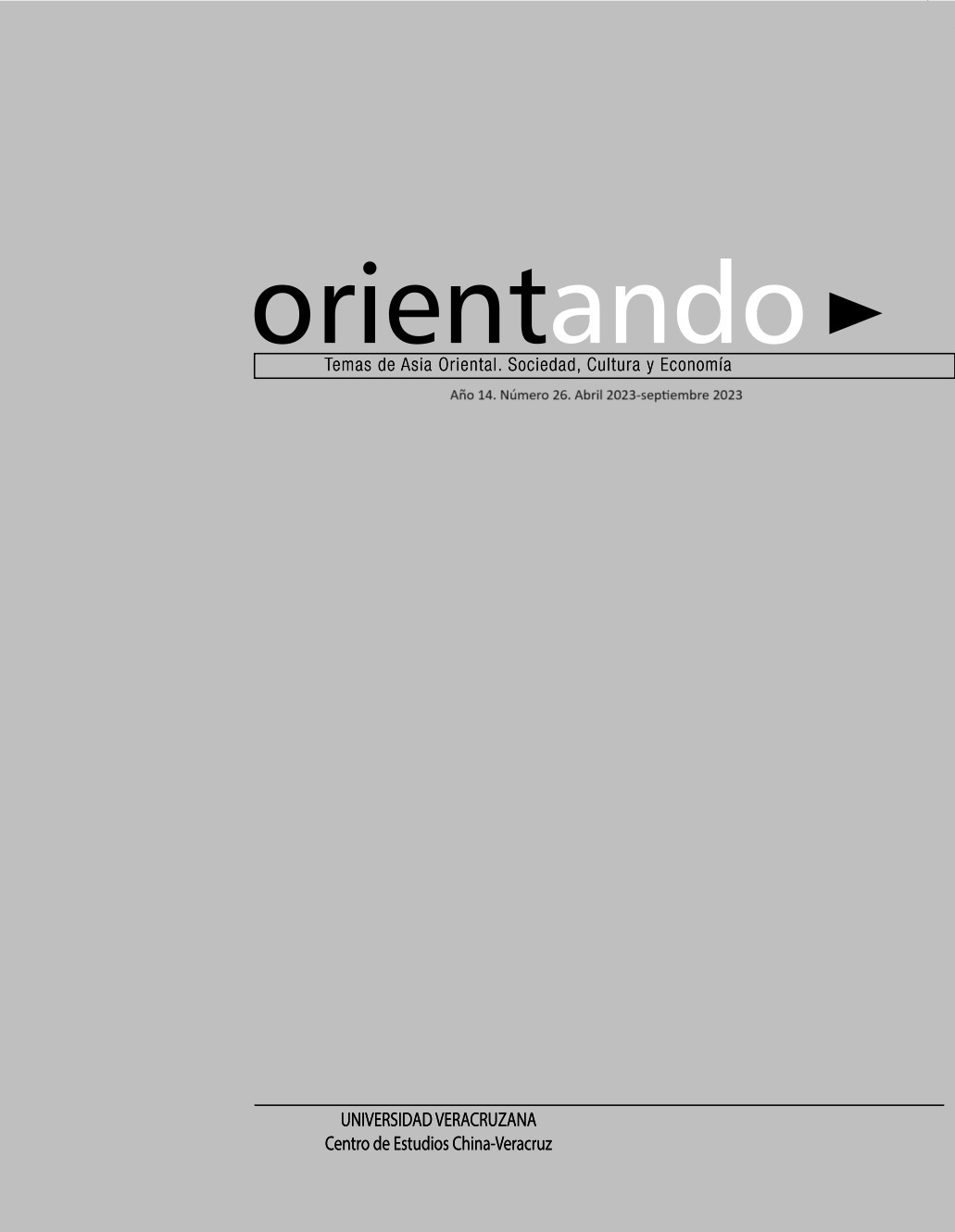Abstract
This article takes the idioms related to the colors black and white in Chinese and Spanishas an object of research, exploring the divergences and convergences in terms of figurative
meanings, cultural connotations and metaphorical cognition of such linguistic expressions.
The main findings are that: there is a considerable divergence between the figurative meanings
harbored by “white” in Chinese and Spanish idioms, while those others related to “black” show notable
convergences; Unlike Chinese idioms, which concentrate moral and ethical connotations, the Spanish ones
that incorporate the color white are characterized by individualistic character traits and traces of colonial
culture; “black”, for its part, represents in many cases “evil and chaos” in Chinese culture, while in Spanish
idioms this same color is related to social values reflected in individual and legal norms; Finally, in
expressions with the color white, there are substantial and abundant divergences in terms of the metaphorical
framework between Chinese and Spanish, while these discrepancies in the idioms about “black” are minor.
References
Berlin, B. y Kay, P. (1969). Universality and evolution of basic color terms. Berkeley: University of California Press.
Coelho, F. (2019). Significado de Sentido figurado. https://www.significados.com/sentido-figurado/
Ge B.(2013). Exploring the origin of color culture and color concept in ancient Chinese clothing. Big Stage, 1, 272. https://doi.org/10.15947/j.cnki.dwt.2013.01.146
Han F. (2021). Fraseología Histórica Contrastiva. Unidades fraseológicas con mención de color en Español y en Chino. Tirant Lo Blanch, 71, 280.
Lakoff, G. y Johnson, M. (1986). Metáforas de la vida cotidiana. Madrid: Cátedra, 39.
Lakoff, G. y Johnson, M. (1995). Metáforas de la vida cotidiana. Madrid: Cátedra, 12.
Michel P. (2008). Black: The History of a Color. Princeton: Princeton University Press.
Na, C. (2011). A preliminary study on the clothing and living conditions of civilian men in the Tang Dynasty: An investigation on the murals of Tang tombs. Journal of Guangxi University for Nationalities (Philosophy and Social Sciences Edition), 33(05), 144.
Wang, G. (2015). The connotation and modern value of Confucian gentleman's personality. Journal of Wuhan University of Science and Technology (Social Science Edition), 17(02), 140-146.
Yang C. (2016, 1 de diciembre). Cultivar un buen carácter moral, Gestionar adecuadamente los asuntos familiares, gobernar correctamente su país y pacificar su pueblo. Guangming Daily.

This work is licensed under a Creative Commons Attribution-NonCommercial-ShareAlike 4.0 International License.
Copyright (c) 2024 Orientando Temas de Asia Oriental, Sociedad, Cultura y Economía

